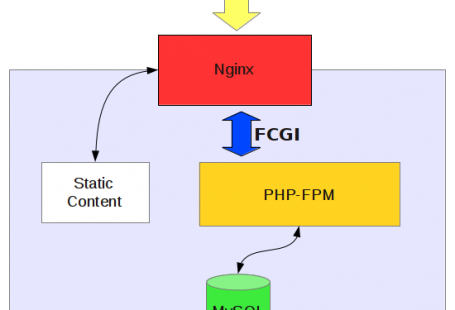Heart disease remains a number one cause of morbidity and fatality worldwide, posing significant challenges for healthcare systems in addition to individuals alike. While health care interventions such as medications, surgical procedures, and lifestyle modifications have fun with a crucial role in handling heart disease, there is growing recognition of the importance of psychosocial components in influencing cardiac solutions. Psychosocial factors, including mind health, stress, social assistance, and socioeconomic status, might have a profound impact on heart health and contribute to the development and also progression of heart disease. Dealing with these psychosocial factors is really important for achieving optimal examination outcomes and improving the entire well-being of individuals with coronary disease.
One of the key psychosocial aspects influencing heart disease is mental health, including conditions for example depression, anxiety, and chronic stress. Research has consistently shown that individuals with mental health disorders are at increased potential for developing heart disease and suffering from adverse cardiac events including heart attacks and cerebrovascular events. Moreover, mental find out this here health diseases can exacerbate existing cardiovascular system risk factors such as high blood pressure, diabetes, and obesity, further more increasing the burden of cardiovascular disease. Addressing mental health issues is therefore critical for preventing as well as managing heart disease and enhancing overall cardiac outcomes.
Furthermore, chronic stress is a significant psychosocial factor that can get detrimental effects on cardiovascular health. Prolonged exposure to anxiety activates the body’s stress reaction system, leading to the release involving stress hormones such as cortisol and adrenaline, which can get harmful effects on the cardiovascular and blood vessels. Chronic anxiety has been linked to increased inflammation, elevated blood pressure, dysregulated heartbeat variability, and impaired immune system function, all of which contribute to the advancement and progression of a heart attack. Effective stress management strategies are very important for reducing the impact involving stress on cardiovascular health insurance and improving cardiac outcomes.
Together with mental health and stress, public support and socioeconomic reputation also play important roles in influencing heart disease risk and outcomes. Strong public support networks have been shown to have protective effects towards heart disease, reducing the risk of developing cardiovascular events and improving upon prognosis among individuals with active heart disease. Conversely, social seclusion and lack of social support are associated with increased heart risk and poorer cardiac outcomes. Moreover, socioeconomic variables such as income, education, along with access to healthcare can significantly impact heart disease risk factors and outcomes, with individuals from lower socioeconomic backdrops facing higher rates connected with heart disease and worse results.
Addressing psychosocial factors inside heart disease requires a multifaceted technique that addresses the underlying leads to and mechanisms contributing to weak cardiac outcomes. Interventions directed at improving mental health, reducing stress, enhancing social assist, and addressing socioeconomic disparities can all contribute to considerably better cardiovascular health and outcomes. Mental health interventions such as cognitive-behavioral therapy (CBT), mindfulness-based stress reduction (MBSR), and relaxation techniques have been shown to be effective inside reducing symptoms of depression, nervousness, and stress, as well as improving upon cardiac outcomes among individuals with heart disease.
Moreover, lifestyle alterations such as regular exercise, healthy feeding on, smoking cessation, and limiting alcohol intake can also possess positive effects on both mental strengthening cardiovascular health. Exercise, in particular, has been shown to have numerous positive aspects for mental health, decreasing symptoms of depression and nervousness, improving mood and self-pride, and enhancing overall health. Additionally , engaging in regular exercise can help lower blood pressure, reduce cholesterol levels, control weight, along with improve heart function, that contribute to better cardiac results.
Furthermore, social support affluence such as support groups, peer counseling, and community-based programs will help individuals with heart disease build and maintain strong social connections, which can be essential for coping with the obstacles of living with a continual condition. These interventions give opportunities for individuals to share encounters, receive emotional support, and pay attention to coping strategies for managing stress and improving overall contentment. By fostering social contacts and relationships, social help support interventions can help reduce emotions of loneliness and remoteness and promote resilience in addition to recovery among individuals with coronary disease.
In conclusion, psychosocial factors play a significant role in influencing heart disease risk and final results, highlighting the importance of addressing psychological health, stress, social help, and socioeconomic status from the management of heart disease. Through integrating psychological, behavioral, in addition to social interventions into cardiac care, healthcare providers can certainly improve cardiovascular outcomes and enhance the overall well-being of people with heart disease. Moving forward, a holistic approach that considers the actual complex interplay between psychosocial factors and cardiovascular well being is essential for achieving optimum cardiac outcomes and improving upon the quality of life for individuals with heart disease.


